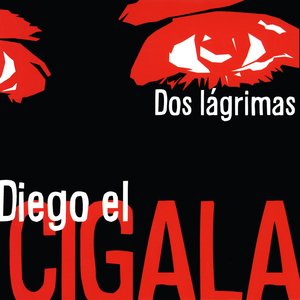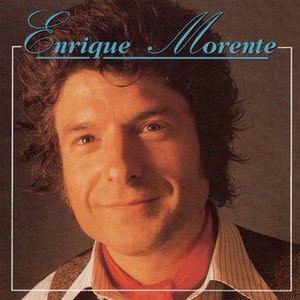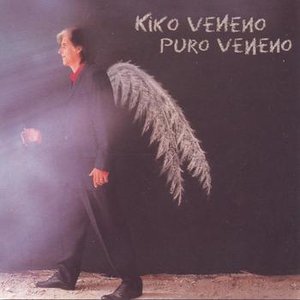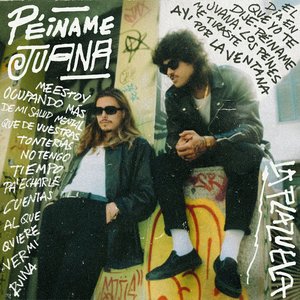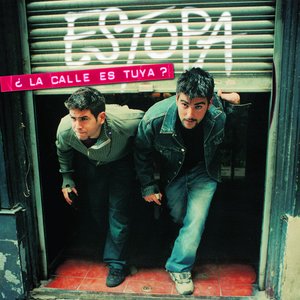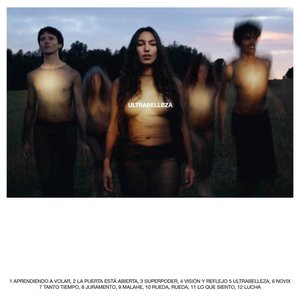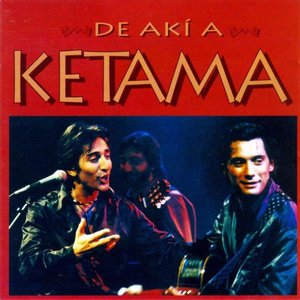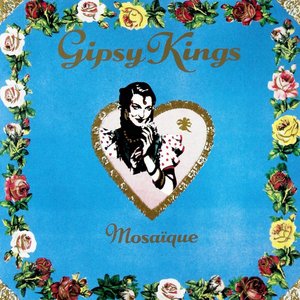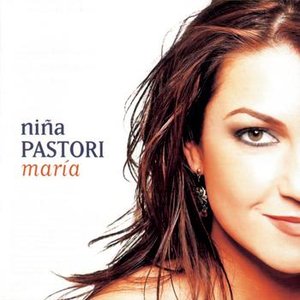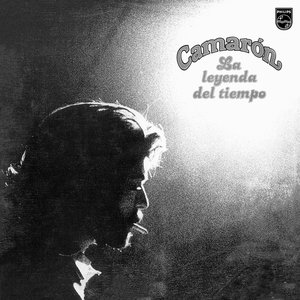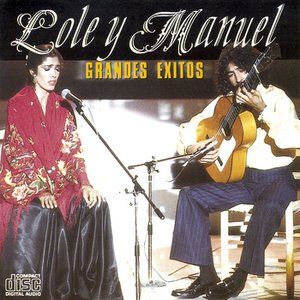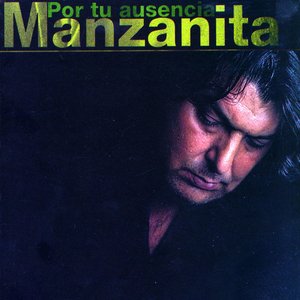Wiki
-
Release Date
1 January 1979
-
Length
10 tracks
Not many records can be pinpointed as genuine historical turning points, but La leyenda del tiempo is a bona fide before/after landmark in the flamenco world. Camarón de la Isla, almost universally regarded as the greatest flamenco singer of all time, put aside his classic partnership with Paco de Lucía to record with different musicians and incorporate rock and jazz elements on an album often called the Sgt. Pepper's of flamenco.
It was a radical, daring step by a singer in his late twenties who opened the door for a whole wave of musicians and bands who are still major figures in Spanish music. It cemented the legend of El Camarón de la Isla as a towering creative force who, much like Bob Marley in reggae, brought flamenco into the present without losing the essence of the root tradition. La leyenda del tiempo was a turning point in Camarón's career – his first record with his second long-term guitar partner, Tomatito – and afterwards he began to blend traditional albums with more experiments in varied musical settings and writing many of his own lyrics. The album doesn't seem that radical on the surface: half the songs are in traditional flamenco style – including "Romance Del Amargo," "Homenaje a Federico," and "Bahía De Cádiz," all fine performances – with acoustic guitars and/or hand percussion behind Camarón's impassioned voice. The opening title track has a full band with well-played electric piano and miniMoog solos that may sound dated, but not in the album's 1979 context. The songs are short and to the point – half feature lyrics adapted from poems by Federico García Lorca and most of the music was adapted by producer Richard Pachón.
Kike Veneno's "Volando Voy" is a racehorse flamenco rock blend with flailing acoustic guitar and kinetic hand percussion. Camarón doesn't muster the spiraling flourishes and unbridled passion of the straight flamenco material, but his vocals fall perfectly in the rocker pocket. The sitar melody on "Nana Del Caballo Grande" leaves Camarón out on his own, but that's no problem for a singer of his caliber. You might have to study flamenco singing to really get all the things Camarón does vocally, but not to appreciate the fact that you're listening to a great singer – "Viejo Mundo" or "Mi Niña Se Fué Al Mar" will convince you of that. If you like flamenco guitar or modern bands like Ketama or the Gypsy Kings, El Camarón de la Isla is the artist with whom to begin exploring the root traditions and La Leyenda Del Tiempo is probably the best single album to start with.
Credits
Camarón: voz
Tomatito: guitarra española
Raimundo Amador: guitarra española
Jorge Pardo: flauta
Manolo Marinelli: teclados
Rafael Marinelli: piano
Pepe Roca: guitarra eléctrica
Gualberto Garcia: sitar
Rubem Dantas: percusiones
Tito Duarte: percusiones
José Antonio Galicia: percusiones
Antonio Moreno "Tacita": percusiones
Pepe Ébano: bongó
Manolo Rosa: Bajo
Album descriptions on Last.fm are editable by everyone. Feel free to contribute!
All user-contributed text on this page is available under the Creative Commons Attribution-ShareAlike License; additional terms may apply.

